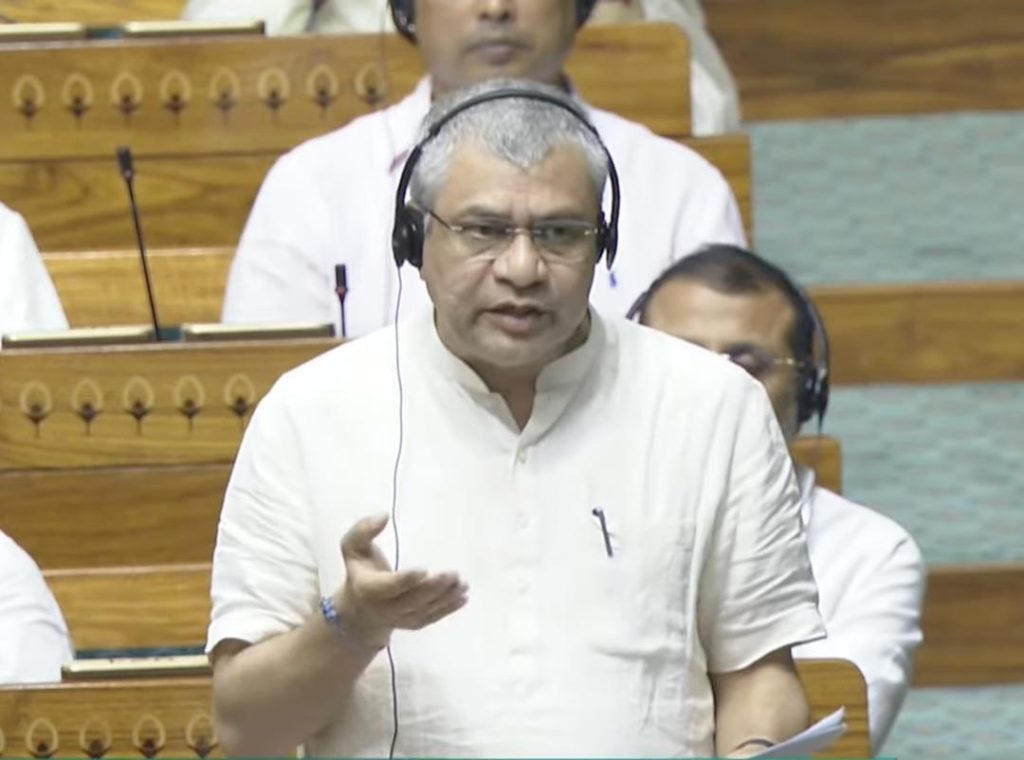
Between Our Revenue & Middle-Class Families, PM Chose Families: Vaishnaw on Gaming Bill
On Wednesday, the Lok Sabha saw the introduction of the Promotion and Regulation of Online Gaming Bill 2025, a move aimed at regulating the online gaming industry in India. Union Minister Ashwini Vaishnaw, while introducing the bill, made a significant statement that has caught the attention of many. According to Vaishnaw, Prime Minister Narendra Modi always chooses to prioritize middle-class families when forced to make a choice between them and the government’s revenue.
The statement was made while discussing the provisions of the bill, which proposes to ban real-money and gambling games. Vaishnaw emphasized that the bill has been introduced to “save the society from bad elements.” The government’s move to regulate the online gaming industry has been met with mixed reactions, with some welcoming the move as a step towards creating a safer and more responsible gaming environment, while others have expressed concerns about the potential impact on the industry and its participants.
The bill, if passed, would impose strict regulations on online gaming platforms, including a ban on real-money and gambling games. The government has cited concerns about the potential harm caused by these types of games, including addiction, financial losses, and social problems. The bill would also establish a regulatory body to oversee the online gaming industry and ensure compliance with the new rules.
Vaishnaw’s statement about the Prime Minister’s priorities is significant, as it suggests that the government is willing to make tough decisions and prioritize the well-being of citizens over revenue. This is a departure from the common perception that governments often prioritize revenue over the welfare of their citizens.
The proposed ban on real-money and gambling games has sparked controversy, with some arguing that it is an overreach by the government and that it would stifle innovation and creativity in the gaming industry. Others have expressed concerns about the potential impact on the economy, as online gaming platforms generate significant revenue and employ thousands of people.
However, supporters of the bill argue that the regulation is necessary to protect the vulnerable and ensure that the industry operates in a responsible and ethical manner. They point out that many online gaming platforms are designed to prey on vulnerable individuals, including children and those struggling with addiction, and that the ban would help to prevent these types of problems.
The debate around the bill is not just about the merits of the regulation itself, but also about the government’s approach to the online gaming industry. Some have criticized the government for not doing enough to address the problems caused by online gaming, while others have praised its efforts to take a proactive and responsible approach to regulating the industry.
The government’s move to regulate online gaming is part of a broader trend of increased regulation in the technology sector. In recent years, there have been growing concerns about the impact of technology on society, including issues such as addiction, data privacy, and the spread of misinformation. In response, governments around the world have been taking steps to regulate the technology sector and ensure that it operates in a responsible and ethical manner.
In conclusion, the introduction of the Promotion and Regulation of Online Gaming Bill 2025 is a significant development in the online gaming industry in India. The bill, if passed, would impose strict regulations on online gaming platforms and establish a regulatory body to oversee the industry. Union Minister Ashwini Vaishnaw’s statement about the Prime Minister’s priorities is a reminder that the government is willing to make tough decisions and prioritize the well-being of citizens over revenue. The debate around the bill is ongoing, and it remains to be seen how the industry and the public will respond to the proposed regulation.
Source: https://youtu.be/qOIqYpwYOi8






